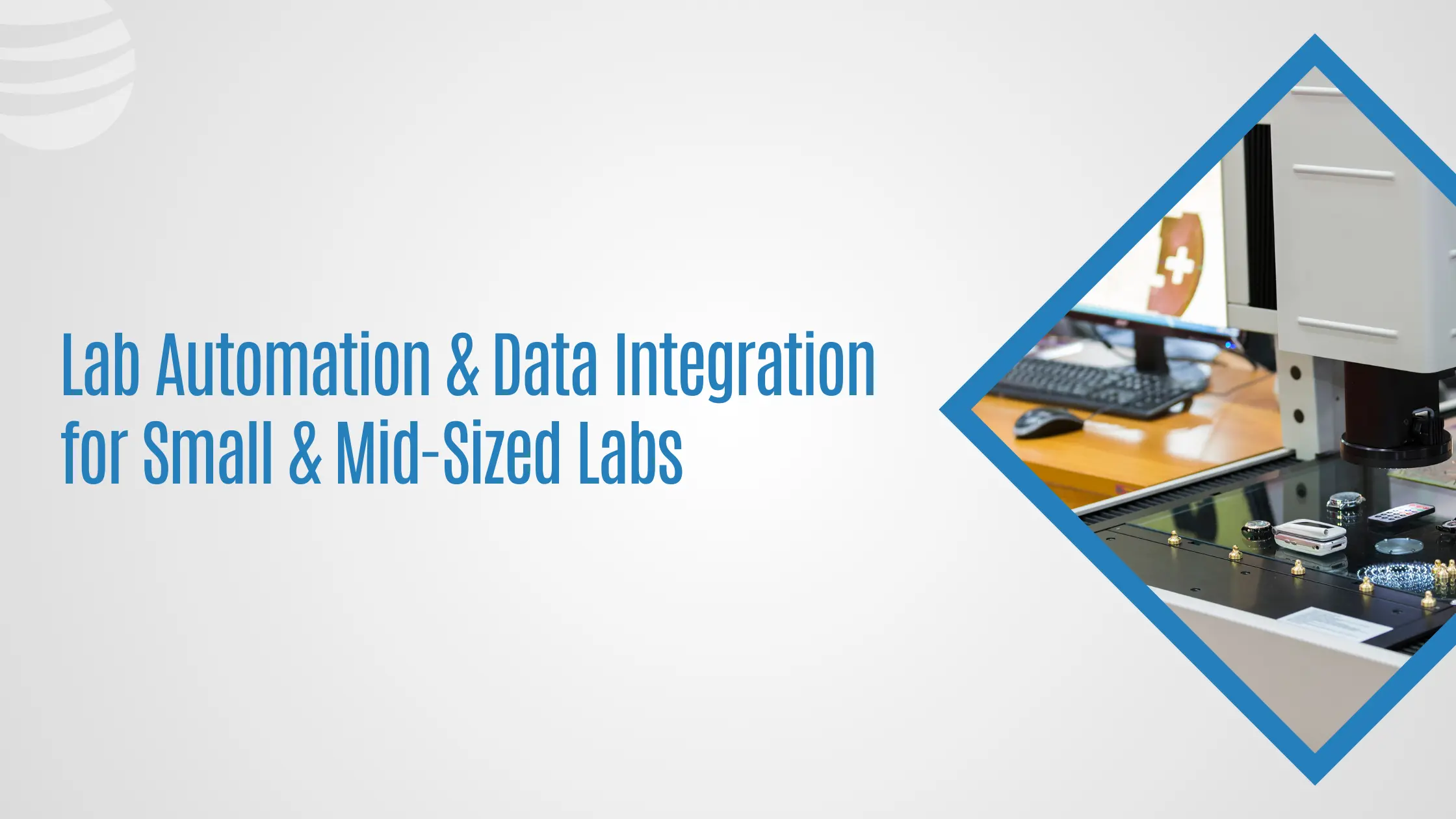What is CLIA Certification? A Complete Guide for Clinical Laboratories
Every clinical laboratory that performs diagnostic testing on human specimens in the United States must meet stringent federal regulations. At the heart of these regulations is CLIA certification, a vital component in ensuring the accuracy, reliability, and timeliness of laboratory test results. In this comprehensive guide, we will explore what CLIA certification is, why it is essential, how to obtain it, and the benefits of maintaining compliance.
What is CLIA Certification?
CLIA stands for the Clinical Laboratory Improvement Amendments of 1988. This federal program is managed by the Centers for Medicare & Medicaid Services (CMS) and sets national quality standards for all laboratory testing performed on human specimens. The primary goal of CLIA is to ensure accurate, reliable, and timely test results that are crucial for diagnosing, treating, and preventing diseases.
Key Insight: Laboratories cannot legally perform diagnostic testing on human samples without CLIA certification.
The Purpose of CLIA Regulations
CLIA regulations exist to:
- Protect patient safety by ensuring the validity of test results.
- Standardize laboratory procedures across the nation.
- Ensure competency of lab personnel.
- Maintain quality control and quality assurance in laboratory operations.
The implementation of CLIA dramatically improved the reliability of laboratory testing and reduced the number of errors that could lead to misdiagnosis or inappropriate treatment.
Who Needs CLIA Certification?
Any facility that performs laboratory testing on human specimens for health assessment or diagnosis, prevention, or treatment of disease must be CLIA-certified. This includes:
- Hospitals and clinics
- Independent reference laboratories
- Physician office labs
- Public health labs
- Mobile and outreach labs
- Research facilities offering clinical testing
Even small practices that perform basic tests using over-the-counter devices may require a CLIA waiver.
Types of CLIA Certification
CLIA issues several types of certificates based on the complexity of tests performed:
- Certificate of Waiver (CoW)
For simple tests with a low risk of error (e.g., urine dipstick, blood glucose). - Certificate for Provider-Performed Microscopy (PPM)
For moderate complexity microscopy procedures performed by healthcare providers. - Certificate of Registration
Issued to labs before an inspection for moderate or high complexity testing. - Certificate of Compliance (CoC)
Granted after a successful CMS inspection. - Certificate of Accreditation (CoA)
For labs accredited by organizations approved by CMS (e.g., CAP, COLA, TJC).
How to Obtain CLIA Certification
To apply for CLIA certification:
- Determine the complexity level of the tests you perform using the CMS test complexity database.
- Complete CMS Form 116, the CLIA application.
- Submit the form to the appropriate state agency.
- Pay applicable fees based on your laboratory size and testing complexity.
- Undergo inspection (for moderate/high complexity testing).
- Receive certification and CLIA number, which must be displayed in your lab.
Note: CLIA certificates are valid for two years and require renewal before expiration.
CLIA Waivers: An Overview
A CLIA waiver allows laboratories to perform simple tests that are unlikely to produce erroneous results. These waived tests are typically FDA-approved for home use and require minimal training.
How to Apply for a CLIA Waiver
- Submit the CLIA application (Form CMS-116) indicating the intent to apply for a waiver.
- Pay the applicable fee.
- Await CMS review and approval.
Labs with a CLIA waiver are not subject to routine inspections but must still follow good laboratory practices and comply with test manufacturer instructions.
Maintaining CLIA Compliance
CLIA-certified laboratories must:
- Employ qualified personnel based on test complexity.
- Maintain quality assurance (QA) and quality control (QC) programs.
- Participate in proficiency testing for moderate and high complexity labs.
- Keep accurate records and documentation.
- Undergo biennial inspections (unless waived).
Failure to comply may result in penalties, certification suspension, or revocation.
Consequences of Non-Compliance
Non-compliance with CLIA can lead to:
- Civil monetary penalties
- Suspension or revocation of CLIA certification
- Loss of reimbursement from Medicare and Medicaid
- Legal liabilities for inaccurate test results
Regular internal audits and staff training help avoid these consequences and ensure compliance.
Benefits of CLIA Certification
1. Improved Patient Safety
CLIA standards protect patients by ensuring that lab results are accurate and reliable.
2. Enhanced Credibility and Trust
CLIA-certified labs demonstrate commitment to quality and are more likely to gain patient and provider trust.
3. Legal Compliance
Certification ensures compliance with federal laws, reducing the risk of penalties or legal actions.
4. Eligibility for Insurance Reimbursement
Many insurance companies only reimburse tests conducted in CLIA-certified labs.
5. Competitive Advantage
Certification distinguishes your lab as a reputable, high-quality service provider in a competitive market.
Performance Improvement Measures in Laboratory Settings
Performance Improvement Measures (PIMs) are essential in maintaining high standards in clinical laboratories. These include:
- Regular quality audits
- Root cause analysis for errors
- Staff competency assessments
- Patient satisfaction surveys
- Continuous process improvement initiatives
PIMs help identify gaps, reduce errors, and ensure compliance with CLIA and other accrediting bodies.
Tips for Staying Compliant with CLIA Regulations
- Standardize Procedures
Develop and document SOPs for all testing processes. - Train and Certify Staff
Ensure all personnel meet CLIA qualifications and receive ongoing training. - Conduct Internal Audits
Regularly review processes to identify non-compliance risks. - Maintain Accurate Records
Keep thorough documentation of QC, QA, and proficiency testing. - Stay Informed
Monitor updates from CMS and other regulatory bodies. - Participate in External Proficiency Testing
Measure your lab’s performance against national standards.
CLIA certification is not just a regulatory requirement—it’s a commitment to excellence in laboratory testing. By adhering to CLIA standards, laboratories can ensure the accuracy of diagnostic results, maintain public trust, and contribute to better patient outcomes. Whether you are starting a new lab or managing an established facility, understanding and maintaining CLIA certification is essential for legal operation and long-term success.
Need help with CLIA compliance? Consult with a certified laboratory consultant or reach out to your state’s CLIA agency to ensure your lab meets all federal requirements.




